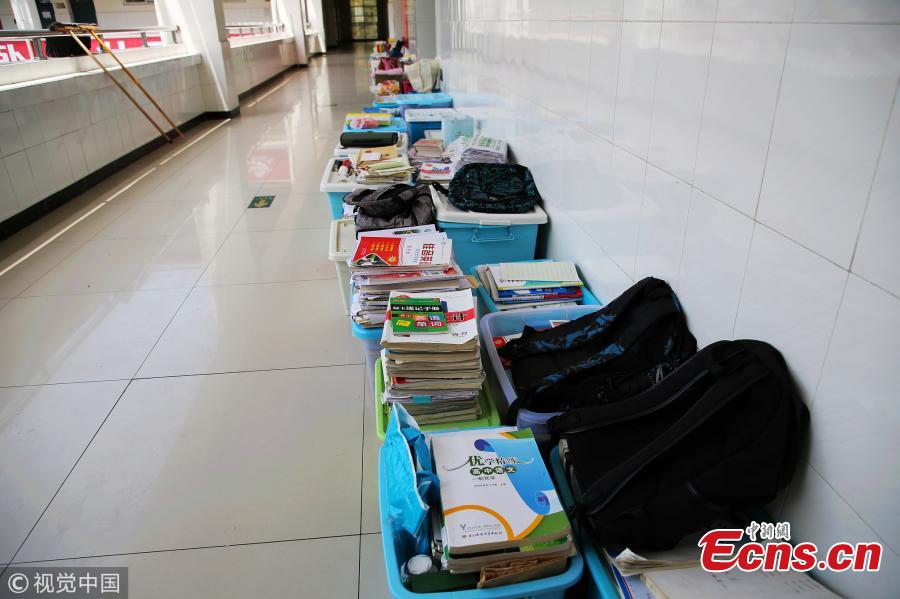$47.4 bln fund aims to reduce import reliance: experts
China will soon launch a new investment fund for its semiconductor industry, aiming to raise up to 300 billion yuan ($47.4 billion), according to industry insiders quoted by the Wall Street Journal.
The fund is drawing worldwide attention as it is seen as instrumental in China's plans to develop its chip industry and solve its over-reliance on foreign suppliers.
This new fund run by the National Integrated Circuitry Industry Investment Fund Co is China's second investment fund aimed at boosting the country's semiconductor industry. The first fund, established by the Ministry of Industry and Information Technology in September 2014, has already attracted investment from government agencies and large corporations in China.
The Wall Street Journal reported on Friday, citing people familiar with the matter, that the new investment fund would aim for more than double the amount of capital raised in the first fund, which began in 2014.
According to figures released by the ministry on April 25, the first fund had by the end of 2017 committed investments worth 118.8 billion yuan in dozens of companies in the Chinese semiconductor industry.
However, some analysts are skeptical. "It depends, really," Liu Kun, vice general manager of the IC Industry Research Center at CCID Consulting, told the Global Times on Monday.
"The fund is actually a rather open investment fund, and it is trying to make a profit on its investments, so the amount it raises depends on the state of the industry," he said.
Liu further noted that the new investment fund is expected to expand its range of investments, likely moving upstream in the industrial chain to promote the growth of semiconductor design companies. The direction of the fund will also influence the amount of capital raised, he said.
"The first investment fund focused quite heavily on chip producers, but this second one will likely look to invest more in design companies," Liu said, adding that 300 billion yuan "sounds high" for only chip-design firms, which does not require high capital, but reasonable for capital-intensive manufacturing firms.
The new fund was announced officially by the Ministry of Industry and Information Technology on April 25. The announcement gave no details on the amount to be raised, but it mentioned that the semiconductor industry in China has been growing 21 percent annually, five times faster than the world's average growth rate for the industry.
The announcement of the new investment fund comes at a delicate time in the chip industry after the US Department of Commerce slapped a seven-year export ban on China's telecommunications equipment provider ZTE.
The sudden US government ban triggered widespread calls in China for cultivating the domestic chip industry and avoiding reliance on foreign chips. China imported $260 billion worth of chips in 2017, according to data from the General Administration of Customs.
Experts said that increasing self-reliance will be a long-term process. "Investment is useful but to create world-class chips requires more than investment. In the short term, Chinese companies probably won't yet achieve parity with U.S. or South Korean companies," said Liu.
Many Chinese companies are also focusing research on innovative products such as artificial intelligence chips.
"China should try to have a two-pronged strategy, developing traditional chips and also trying to achieve an advantage in innovative products such as AI," said Liu.


















































